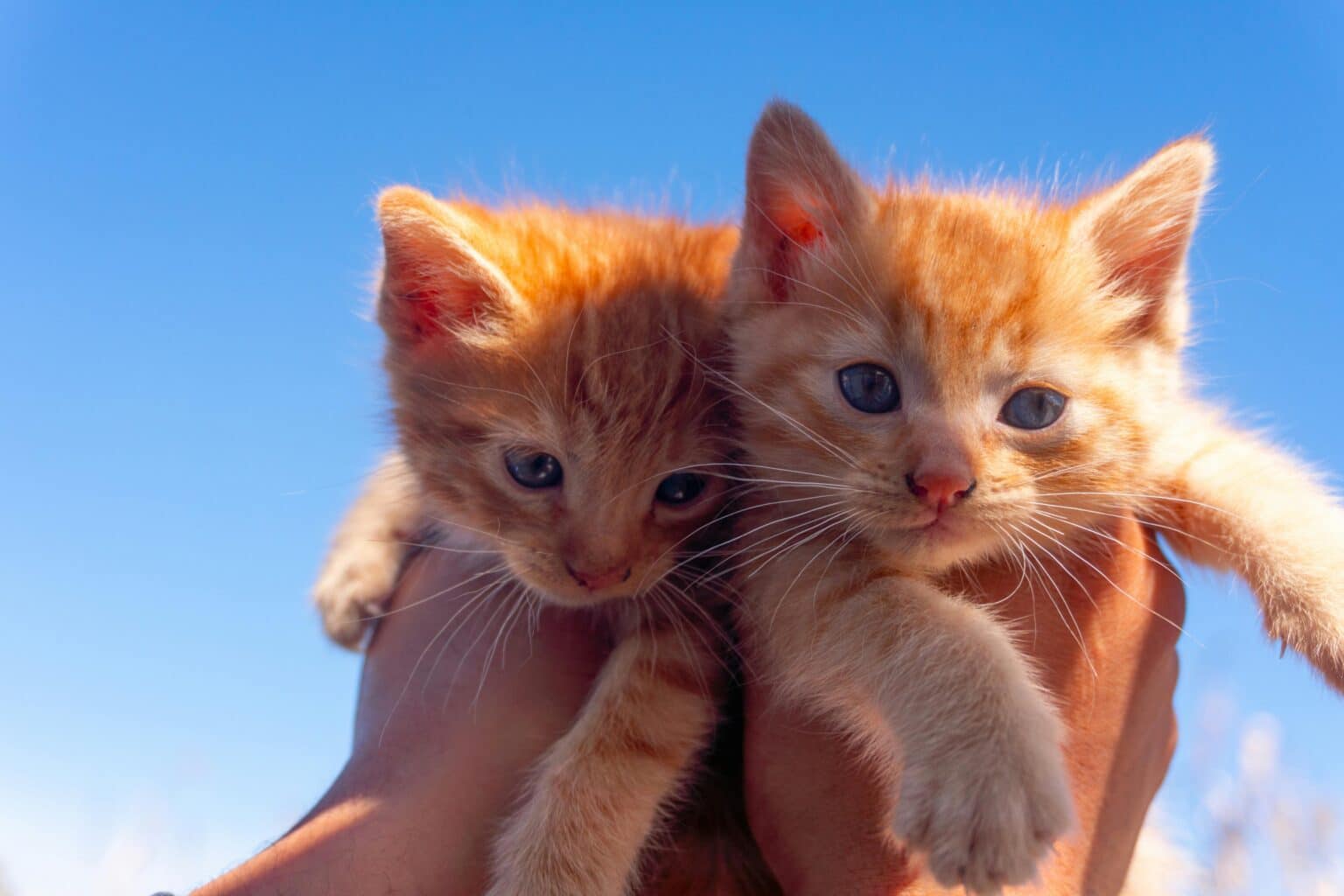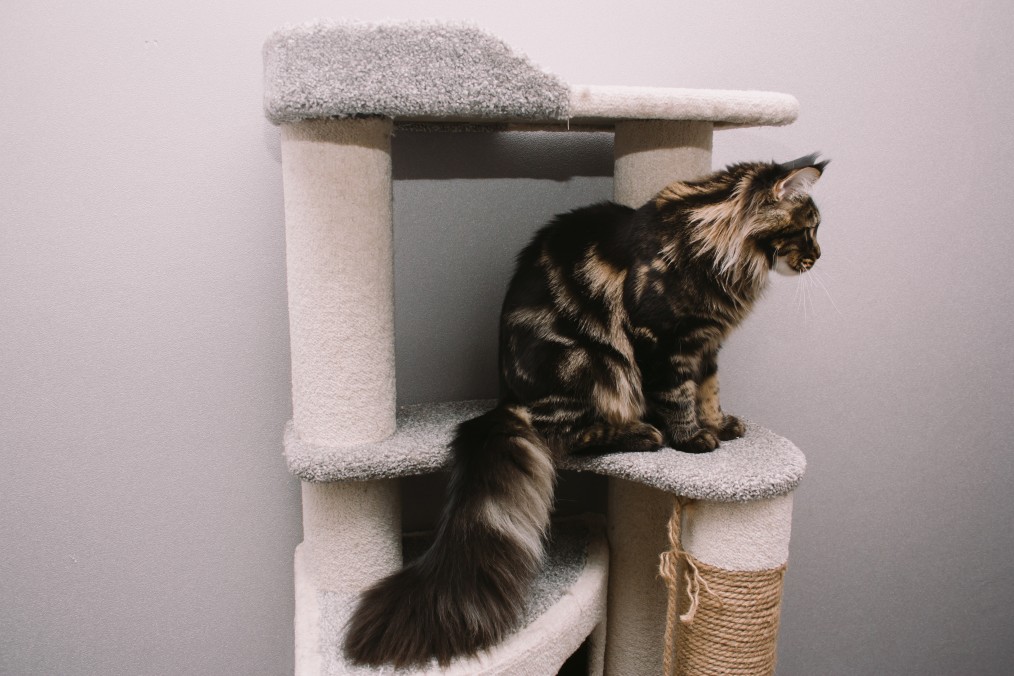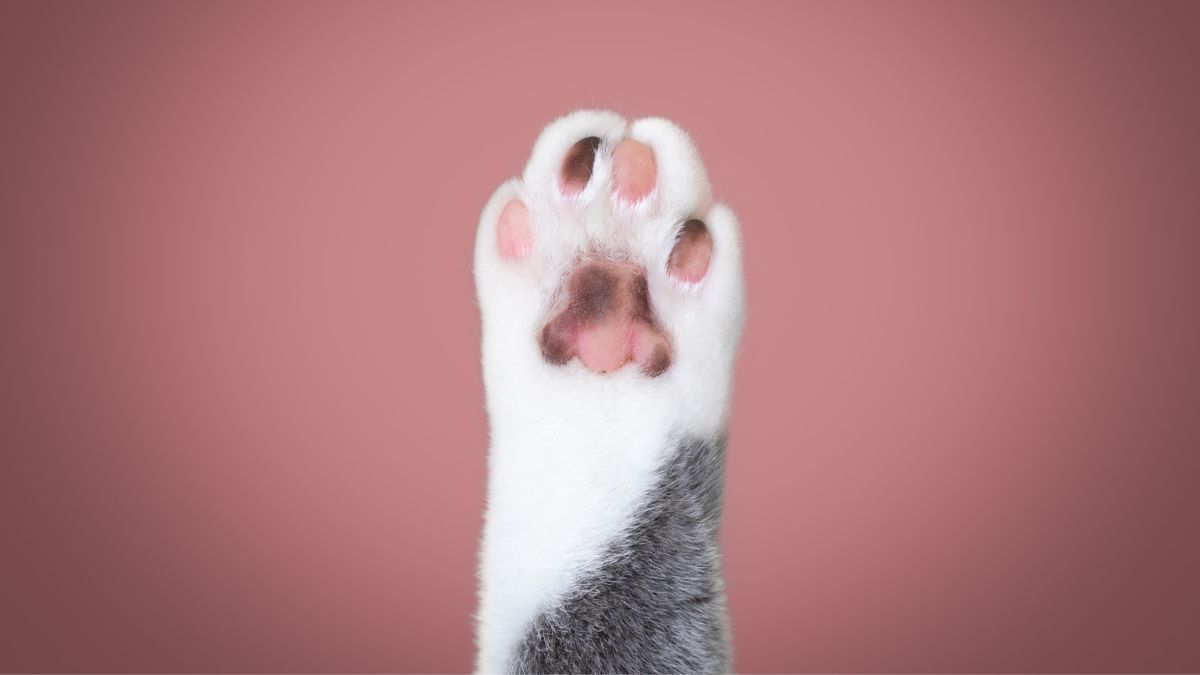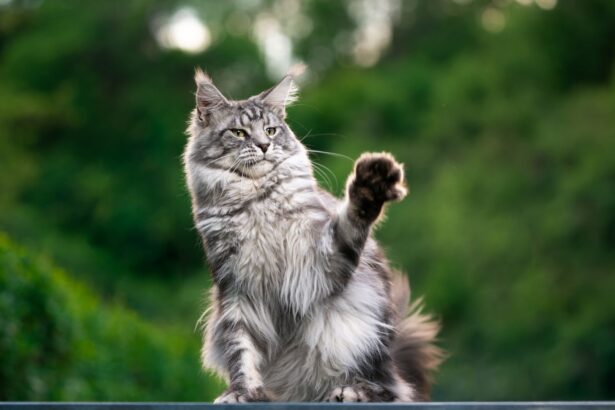Why cats naturally smell good: discover their secret
If you’ve ever buried your nose in your cat’s fur and caught that soft, sweet scent, you’re not imagining things. Most healthy cats naturally smell lovely — no perfume needed. Ready to peek behind the whiskers?
- Why cats naturally smell good: discover their secret
- Grooming: nature’s built-in perfume routine
- The subtle bouquet of feline scent glands
- Diet: the inside-out glow-up
- Practical tips to keep your cat’s natural scent
- When a change in smell means “call the vet”
- Perfumes for cats: lovely idea or no-go?
Grooming: nature’s built-in perfume routine
Daily licking, tiny combs, big results
Your cat’s tongue is a mini hairbrush. By licking, she removes dust, spreads natural oils, and smooths the coat. The payoff is a soft, clean, faintly sweet scent — that famous “fresh cat” smell.
Saliva that helps keep odors at bay
Cat saliva contains enzymes with antibacterial properties. After a thorough grooming session, fewer odor-causing microbes linger on the fur, which is one reason your kitty smells so pleasant.
Why frequency matters
Frequent grooming prevents buildup of dirt and bacteria. It’s also a self-care ritual that keeps the coat balanced and naturally fragrant. Ever wondered why some cats lick their humans too? It’s part bonding, part “grooming you back.” Learn more about why cats lick us.
The subtle bouquet of feline scent glands
Sebaceous glands: the silky secret
Along the face, chin, and tail base, sebaceous glands produce sebum — a light, protective oil that softens the coat and gives it a delicate, pleasant scent. It’s why the top of the head often smells extra cozy.
Pheromones that feel like a hug
Cats release calming pheromones from their cheeks and forehead. We don’t smell them the way cats do, but they can make our perception of their natural scent feel soothing and familiar.
Anal glands: the less romantic bit
Anal glands help with scent marking. If your cat suddenly smells unusually strong or fishy, or scoots, it could signal a problem. A quick vet visit can spare discomfort.
Fun fact: cats don’t sweat all over like we do — mainly through paw pads — which is one reason their fur rarely carries a “sweaty” smell. Curious about aromas your cat actually enjoys? Explore the smells cats love.
Diet: the inside-out glow-up
Food quality shows on the coat
A balanced, high-quality diet rich in animal protein supports healthy skin and fur. When the skin barrier is happy, the coat smells cleaner and feels silkier.
What to feed for a naturally fragrant coat
- Complete foods rich in animal proteins
- Omega-3 and omega-6 fatty acids (e.g., fish oil, flaxseed oil)
- Recipes without unnecessary additives or artificial preservatives
Feeding mistakes to skip
Avoid low-quality foods heavy in fillers and vague by-products. They can upset digestion, trigger skin issues, and even change body odor. For a deeper dive, check our guide on what cats should really eat.
Practical tips to keep your cat’s natural scent
Brush smart, not hard
How brushing helps the smell
Regular brushing removes dead hair, spreads natural oils, and prevents mats where dust and odors hide. Short sessions are best — keep it sweet and positive.
Pick the right tool
- Short coat: soft rubber or silicone brush
- Long coat: wide-tooth metal comb + gentle slicker
How often?
Two to three times a week suits most cats. Long-haired divas may prefer daily touch-ups. Keep sessions brief and reward with calm cuddles.
Original tip: pop a slightly damp grooming mitt in the fridge for 10 minutes, then glide it over the coat. The cool pass reduces static, traps dust, and feels amazing on warm days — no fragrances needed.
Keep the environment fresh
Litter matters more than you think
Even a pristine cat can pick up ambient odors. Scoop daily, wash trays weekly, and choose unscented litter to respect your cat’s sensitive nose. If fragrances are needed, use them around the room — not in the box.
Clean with gentle basics
- Diluted white vinegar for deodorizing
- Baking soda on rugs before vacuuming
- Fresh lemon in rinse water for bowls and washable items (rinse thoroughly)
Common mistake to avoid: never use bleach on cat areas — its scent can attract and overstimulate many cats. Here’s why cats love the smell of bleach.
Bath time: yes, no, and the delicate in-between
When a bath makes sense
Healthy cats rarely need baths. Reserve them for heavy soiling, skin treatments, or vet advice. Overbathing can strip the coat of its protective oils and dull that lovely natural scent.
Gentle, stress-free steps
Use a cat-safe, unscented shampoo, warm water, and a non-slip mat. Keep it short, towel-dry well, and finish in a warm, draft-free spot.
Safe alternatives
Unscented pet wipes, a damp microfiber glove, or a waterless cat cleanser are often enough between vet-recommended washes. Avoid essential oils — many are risky for cats. Read more from the Pet Poison Helpline: are essential oils toxic to cats?
When a change in smell means “call the vet”
Unusual odors to watch for
Strong, sour, or fishy smells can hint at dental disease, skin infection, ear issues, anal gland trouble, or urinary problems. A quick checkup is always worth it.
Age and self-grooming
Seniors may groom less due to stiffness or dental pain. Support them with gentle brushing, regular trims around hygiene zones, and vet care for comfort.
Stress can change the scent story
Stress may alter skin oil production and grooming habits. Help your cat feel secure with predictable routines, calm spaces, and enrichment. Spot the signs early with our guide to stress in cats.
Perfumes for cats: lovely idea or no-go?
Why perfumes can backfire
Strong fragrances can irritate delicate skin, overwhelm a cat’s nose, and even cause overgrooming. Human perfumes on fur or bedding are a firm no.
Gentle, safer options
Stick to unscented coat care, soft grooming mitts, and clean textiles. A hydrosol designed for pets and used sparingly around the environment (not directly on the cat) can freshen a room, but always check safety first.
Surprising nugget: those “corn chip” paw notes (sometimes called Frito feet) come from harmless skin bacteria and yeasts mingling with warm paw pads — oddly adorable, totally normal.
Quick recap
- Healthy grooming + balanced diet = naturally pleasant scent
- Keep litter and fabrics fresh, go unscented when possible
- Baths are rare; choose cat-safe products only
- New, strong, or strange odors deserve a vet visit
FAQ
Why does my cat sometimes smell like corn chips?
Warm paw pads plus normal skin microbes can create a toasty “Frito” smell — usually harmless. If the odor turns strong or yeasty elsewhere, consult your vet.
Do indoor cats smell better than outdoor cats?
Often yes, because they’re cleaner and groom stress-free. Outdoor cats can pick up environmental odors and debris that overwhelm their natural scent.
How can I make my cat smell good without bathing?
Brush regularly, use a cool damp grooming mitt, keep bedding and litter fresh, and feed a balanced diet. Skip perfumes and essential oils.
When is a cat’s odor a red flag?
Sudden strong smells, fishy rear odors, bad breath, or a sour coat can signal infection, dental disease, or gland issues. Book a vet check promptly.








